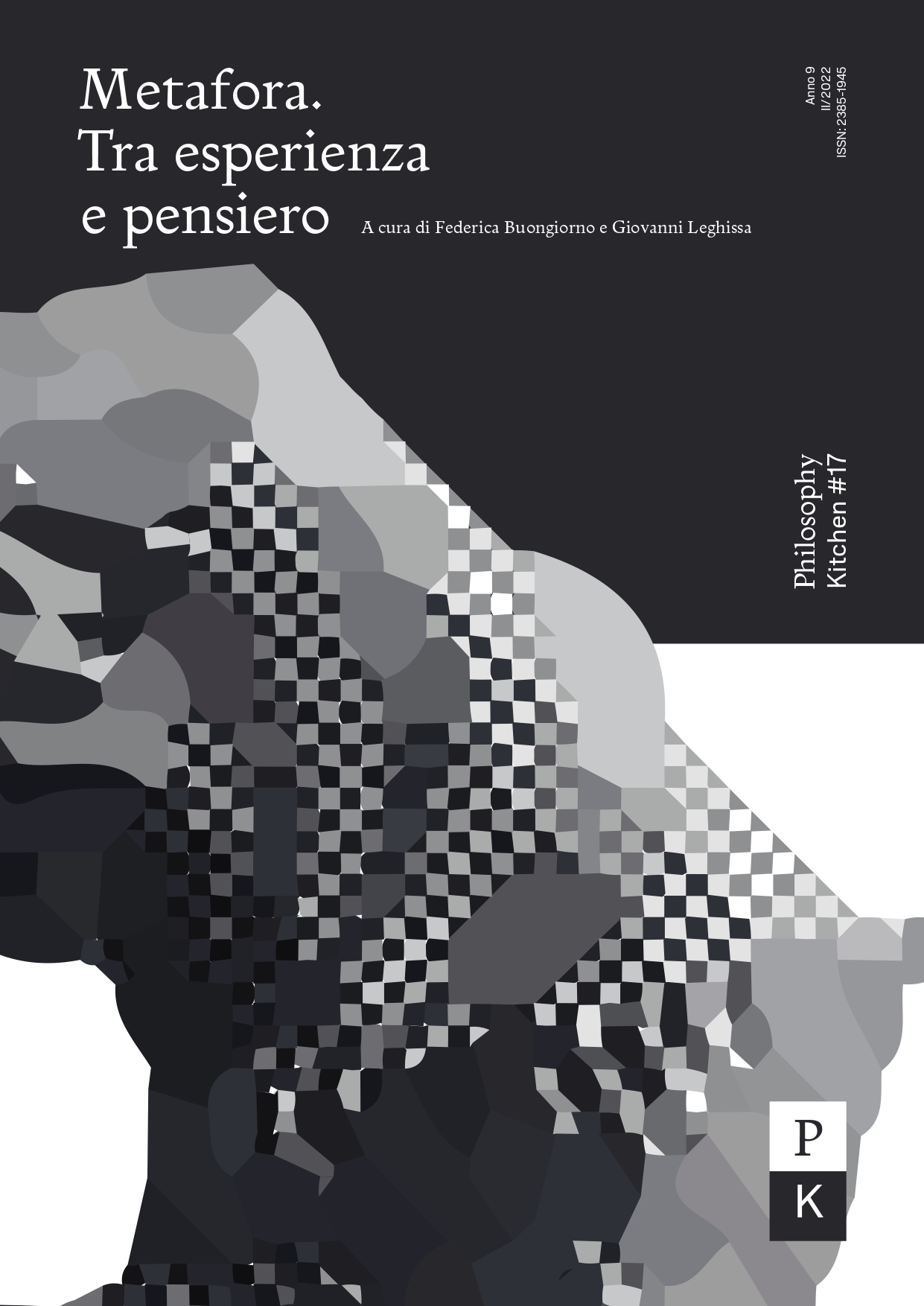Essay Concupiscence. Melandri, Adorno, Maistre or The Analogical Prose
DOI:
https://doi.org/10.13135/2385-1945/7187Abstract
Enzo Melandri’s La linea e il circolo is, at the same time, one of the most important philosophical classics of the 20th century and a paradigmatic case of essay writing. Not by chance, the essay form expresses the authentic philosophical style that allows us to think and read a reality which has become, at least in the last century, more of a pasticciaccio than a coherent and logically understandable world. The metaphoric côté of the essay, which determines its inalienable, specific attribute, consents indeed to grasp reality in a pregnant manner: the words used in the essay are not only logically definable, but also, and especially, analogically variable, in such a way that, we may say, only the syntactic context gives meaning to the singular, semantic lemma. On the other hand, the nature of the essay sketched by Melandri corresponds exactly to what Theodor W. Adorno once called Der Essay als Form. And, finally, the immanent tensions of the essay form (between logic and analogy, light and darkness, writing and voice, prose and masse), as defined by Melandri and Adorno, lead to some curious hypotheses on modern writing, suggested by nothing less than Joseph de Maistre.





